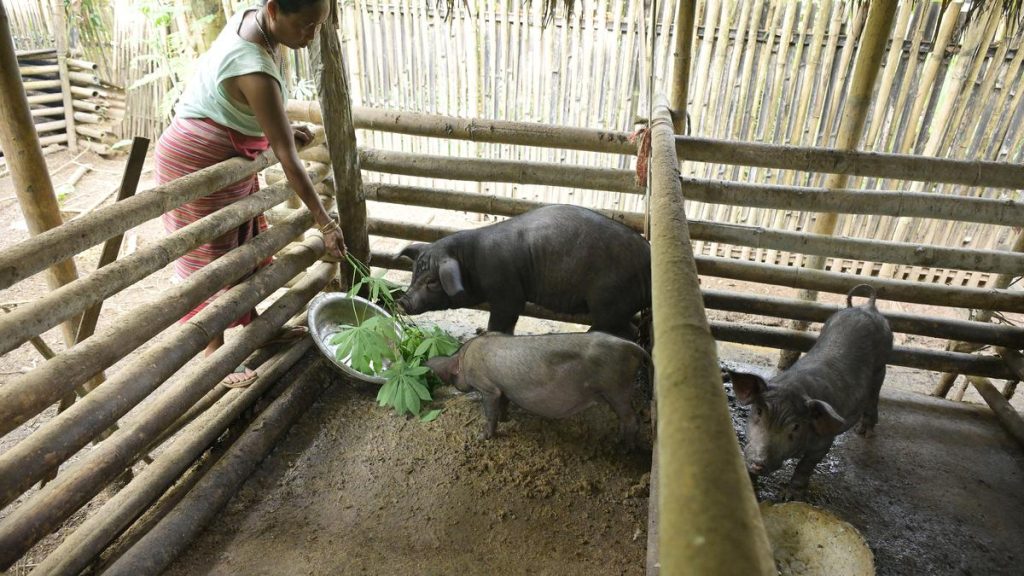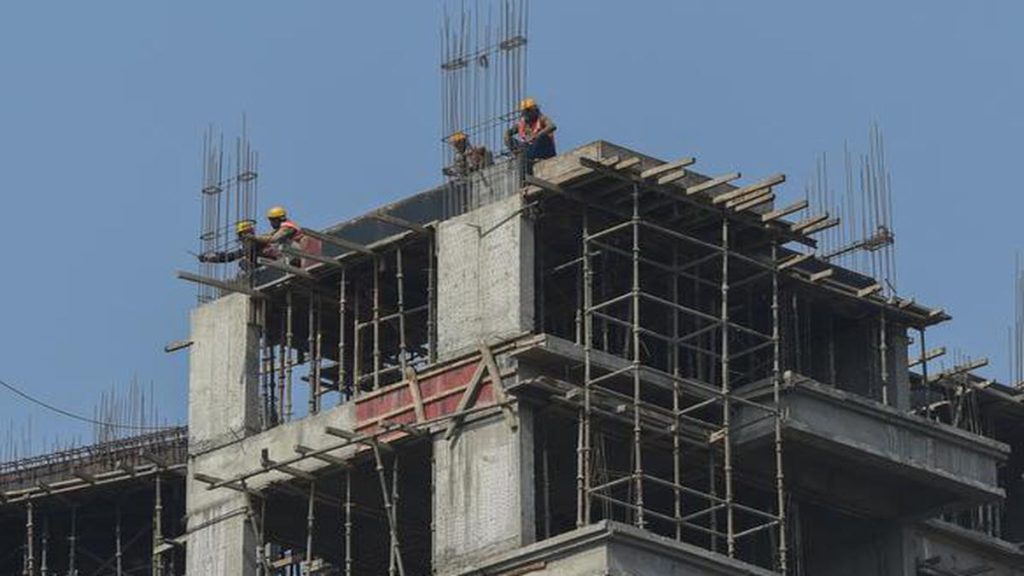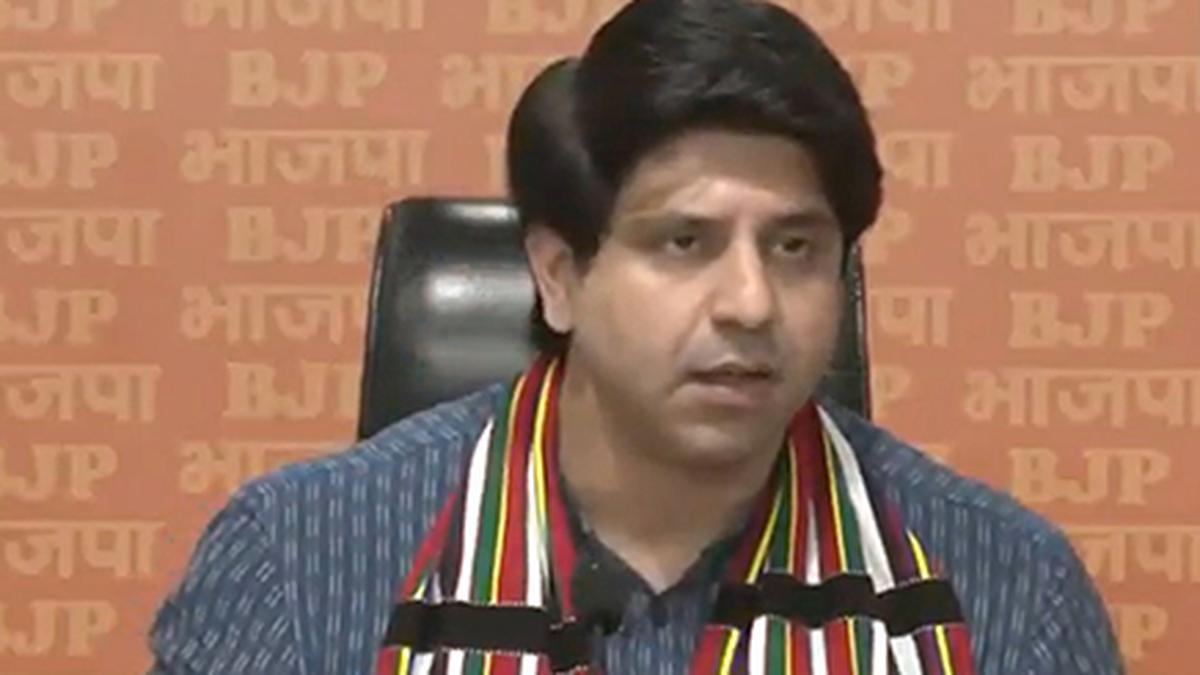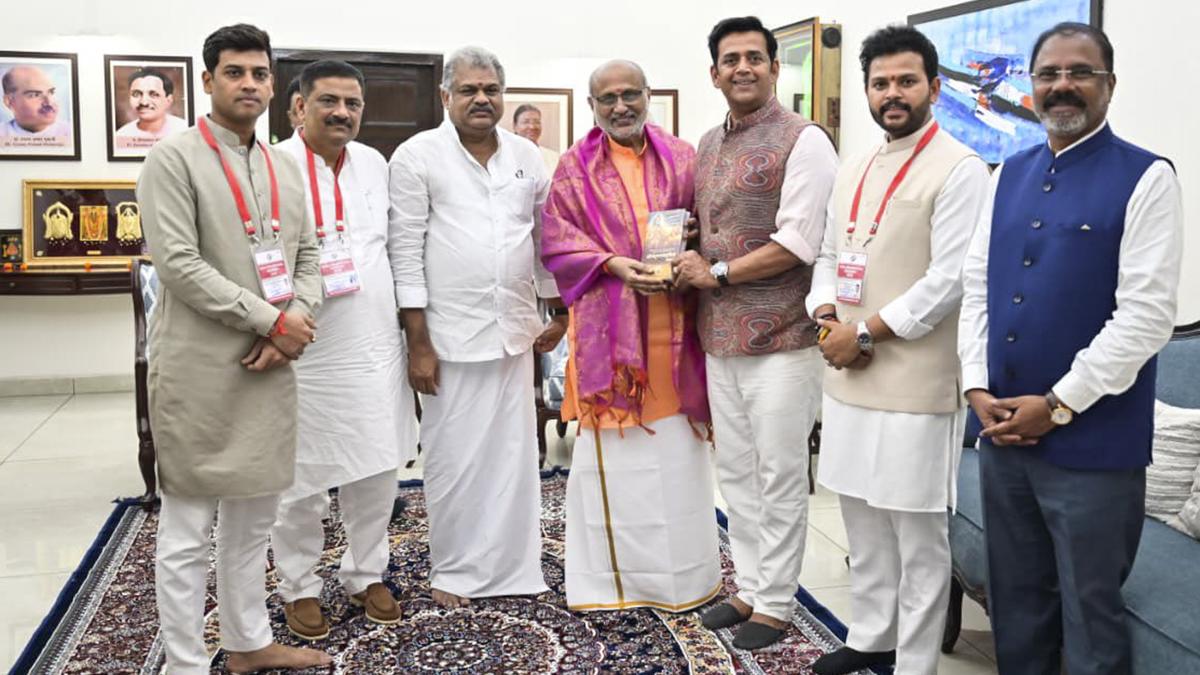Now Reading: Ayyankuzhi Families Vacate Lodge After BPCL-KR Agrees to Cover Rent
-
01
Ayyankuzhi Families Vacate Lodge After BPCL-KR Agrees to Cover Rent
Ayyankuzhi Families Vacate Lodge After BPCL-KR Agrees to Cover Rent

Speedy Summary
- Around 30 families from Ayyankuzhi near Ambalamugal vacated a lodge in Chottanikkara after a fire at the BPCL-Kochi Refinery (BPCL-KR) campus displaced them on July 8.
- BPCL-KR funded their temporary accommodation but ceased support on August 26, claiming it was intended for only a few days.
- The situation escalated when the lodge owner attempted to evict them, leading District Collector G. priyanka to convene a stakeholders’ meeting.
- During the meeting:
– BPCL-KR agreed in principle to pay five months’ rent routed thru local authorities (not directly).
– BPCL-KR promised to discuss acquiring the residents’ land-9 acres deemed unfit for living due to pollution-with their board but did not commit concretely.
– Families had protested earlier during Thiruvonam by staging a hunger strike over their demand for land acquisition.
- BPCL-Kochi Refinery sources stated no firm commitments were made regarding rent or land acquisition.They emphasized that future expansion projects would dictate land requirements.
Indian Opinion Analysis
The displacement of families following industrial mishaps raises pressing concerns about corporate accountability and adequate post-crisis rehabilitation measures. While BPCLS promise to intentional on providing five months’ rent and consider potential acquisition marks some progress, its reluctance for concrete commitments highlights broader systemic challenges in balancing industrial growth with community welfare. The referenced Pollution Control Board reports add weight to concerns about residents’ health and living conditions near refinery sites, underscoring an urgent need for enduring solutions.
The event also demonstrates effective interventions by district officials like Collector G. Priyanka and MLA P.V. Sreenijin in averting immediate conflicts between displaced residents and corporations. However, long-term resolutions require collaborative efforts between policymakers at multiple levels-state governance can play an influential role here-to address infrastructural impacts while maintaining clarity on corporate responsibilities under environmental laws.
Such incidents are reflective of wider societal debates around industrial progress versus human impact within India’s growing economy-a balance crucial not just for Kochi but across regions hosting high-risk commercial hubs.
























